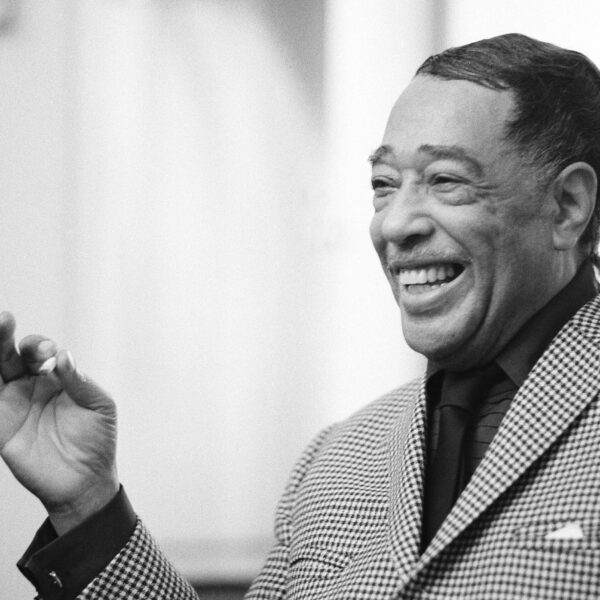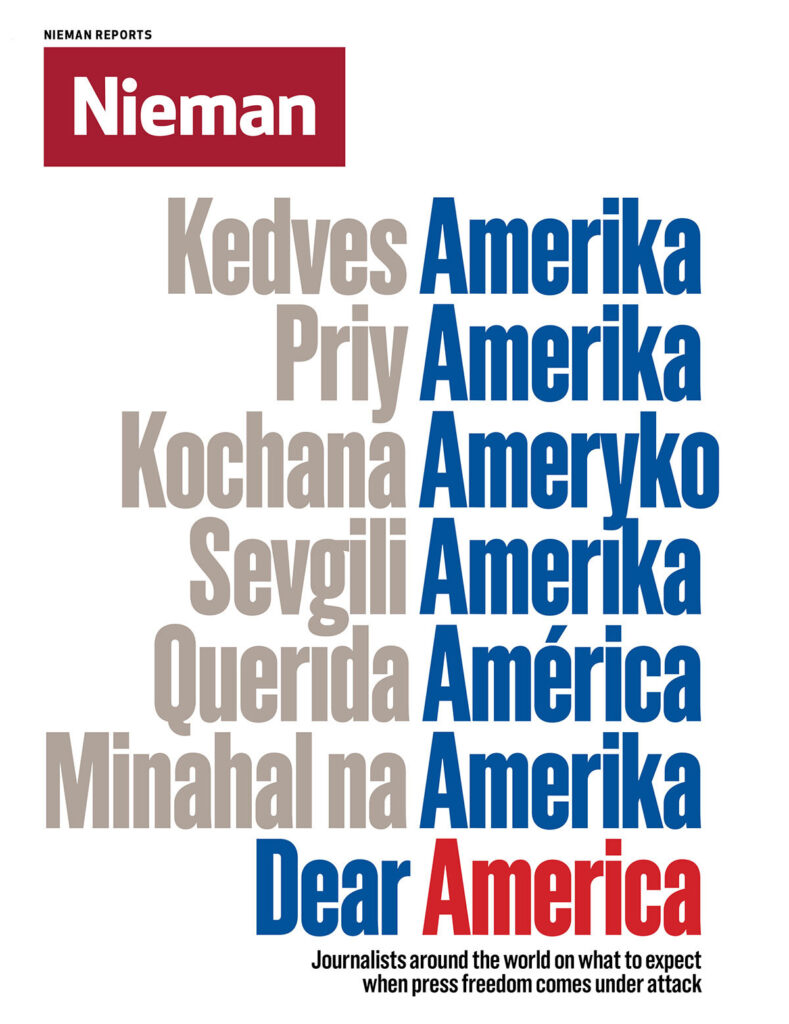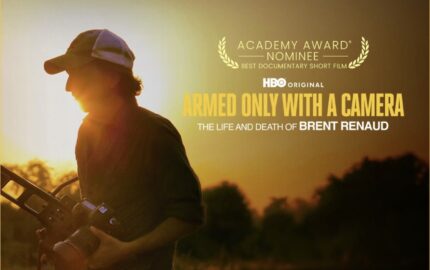The story of the Pullman porters is a gift that is still giving. The Black men who worked on George Pullman’s elegant sleeping cars for the century after the Civil War first shared their inspiring narratives about rising from the rails to reshape their world. After I wrote a book about them, they said I had to write another about their favorite athlete, Satchel Paige, and I had a grand time doing that. But, the story they wanted told most was of their three best-loved passengers and friends: Edward Kennedy “Duke” Ellington, Louis “Satchmo” Armstrong, and William “Count” Basie.
So here we are with my latest book: “The Jazzmen: How Duke Ellington, Louis Armstrong and Count Basie Transformed America.”
“The Jazzmen” lies at the intersection of two American stories — one about this country at its most hidebound and straight-laced and the other about jazz, the all-American music form, at its most locomotive and sensuous. I explore how the Count, Satchmo, and Duke framed their times even as they were framed by them. Each overcame racial barriers not by waging war over every indignity, which would have accomplished little during the Jim Crow era, but by opening America’s ears and souls to the marvelousness of their melodies. Each insisted he was a music maker first and last, when in reality all three were cultural and racial insurgents — and not just in America. Across the planet, Ellington, Basie, and most of all Armstrong became symbols of American culture on par with Coca-Cola and Mickey Mouse.
How better to bring alive the history of America in the early-to-mid 1900s than through the lens of its most gifted, engaging, and enduring African American musicians? And although this is a book about struggle, it has a triumphal ending. These three jazzmen’s irresistible tunes keep our feet tapping to this day, and their lives resonate in the way they quietly upended how musical dynasties are constructed and how human rights are secured.
I have been aching to tell this story for a quarter century, since my year as a Nieman fellow. First semester, I took a survey course on jazz, which reinforced my love for the music by introducing me to its greatest practitioners. Later that year, I talked my way into a seminar on Duke Ellington taught by Mark Tucker, a visiting professor from Columbia and an Ellington biographer who helped my classmates and me see his brilliance as a composer and bandleader as well as his passion for civility and justice.
Four questions might rightfully be asked about my book. Why are all my title characters jazz men, with no women, and why these three men? Why revisit this 50-year-old story now? And why trust an author who barely knew the difference between harmony and melody?
Jazz women are an essential part of this narrative, same as they were in early jazz history and in the orchestras of Basie, Ellington, and Armstrong. I recount the spellbinding stories of Billie Holiday, Mary Lou Williams, Lillian Hardin Armstrong, and others throughout the book. I also make clear that my choice of title characters is subjective, and that a parade of other musicians — from Holiday and Williams to Dizzy Gillespie and Miles Davis — also were compelling changemakers. As for timing, there is no moment more fitting than this era of racial reckoning to look back at three figures who stood for the very racial justice that is still in the spotlight today.
I tried to make a strength out of being a novice, filling in my gaps by tracking down and talking to 250 of my subjects’ aging bandmates, friends, relatives, and biographers. I dug deep into musty files at jazz archives and newspaper libraries around the world and especially where they lived and worked, from New Orleans, Kansas City, and Chicago, to New York, Red Bank, N.J., and Washington, D.C. There are hundreds of volumes on my shelves of musical biographies of Armstrong, Basie, and Ellington. But my book zeroes in on their lives off, not on, their bandstands, and what America was like in a period I have written about repeatedly, from the Roaring Twenties through the Swinging Sixties.
Their anthems made visible the invisible stories of Black America, from slavery through segregation and desegregation, infusing them into the American songbook and psyche. All thrived professionally for an unheard-of half century and defined their eras as few others did. Dizzy Gillespie was talking about Satchmo but it could as easily have been Duke or the Count when he declared, “No him, no me.”




